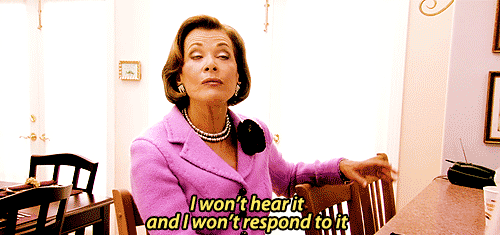But then of course if all war is brutal then at least World War II is one of the easiest to defend our fighting. How much did the German soldiers know what was happening to the Jews? It seems that they knew a lot. (Although arguably there are different kinds of knowing -- I've always sort of known that politicians are mostly on the take and that the government spies on us systematically, but that doesn't mean I wasn't shocked and disappointed to find out that what I knew was true.) The grimly fascinating thing is how many were utterly sure that something was wrong. They talk of being ashamed to be German, ashamed to wear the uniform, when they talk about the atrocities they have seen, in particular the treatment of the Jews. But they still can't quite put their finger on what is wrong. They say that it's been very badly managed, they say they should have got the war out of the way first, they say it's a scandal how it's been handled, and they don't seem to be able to get that what's wrong is the wholesale victimisation and killing of a group of people. The idea that it is necessary to "do something" about the Jews is so deeply engrained that they can't get past it. Quite a high-ranking man talks about how terrible it was in Latvia to come across endless batches of Jews being lined up naked, twenty at a time, on the edge of a pit and shot so that they fell down onto the corpses below. His outrage sounds genuine and visceral, the first quoted extract ends: "I went away and said 'I'm going to do something about this'". But he continues his story:
I got into my car and went to this Security Service man and said: "Once and for all, I forbid these executions outside, where people can look on. If you shoot people in the wood or somewhere no-one can see, that's your own affair. But I absolutely forbid another day's shooting there. We draw our drinking water from deep springs; we're getting nothing but corpse water there."This combination of terrible shame and outrage and the inability to identify its real cause is striking and very frightening. The holocaust was done to people like me by people like me. Would I have been able to see what was really wrong? And if I did would I have done something about it? Part of me says of course, it's obvious, and it's so clearly vitally important. But then again, most people didn't. The people who could see it and dared to try to do things about it were very exceptional people. Am I an exceptional person? I think I'm mostly average. Anyway, a very interesting book, if depressing, and presumably at least reading it might make me more alert to the demonisation of groups in modern society.
